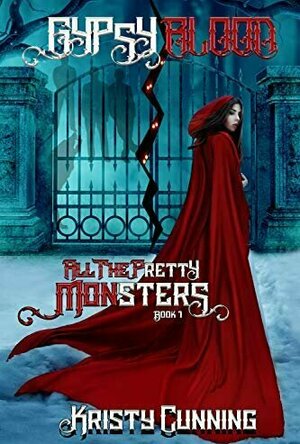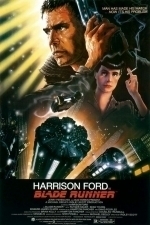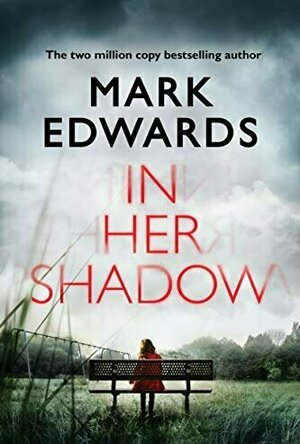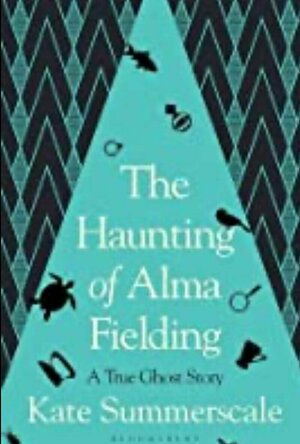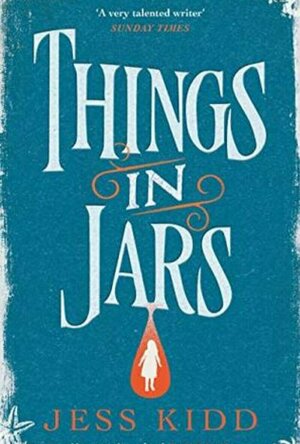
I Know You Got Soul
Book
In I Know You Got Soul, Jeremy Clarkson writes about the machines that he believes have 'soul'. It...

Subscribers for Youtube - Track Your Channel Subs
Lifestyle and Photo & Video
App
The most convenient and easiest way to track your youtube channel’s new subscribers and video...

An Edo Anthology: Literature from Japan's Mega-City, 1750-1850
Sumie Jones and Kenji Watanabe
Book
During the eighteenth century, Edo (today's Tokyo) became the world's largest city, quickly...
Lyndsey Gollogly (2893 KP) rated Gypsy Blood (All The Pretty Monsters #1) in Books
Nov 19, 2020
Kindle
Gypsy Blood ( All the pretty monsters book 1)
By Kristy Cunning
I'm not all that special, really. Or uncommon. I'm sure there are a lot of girls with old gypsy blood who see the dead, have killer cults hunting their family, and turn into something that gets scary when they panic. Yep. Completely unoriginal, if I do say so myself.
Move along. Nothing to see here. Nope. I'm just an ordinary girl.
I wish people would believe that.
I've been labeled as one thing or another for most of my life:
Death Girl.
Crazy Gypsy Girl.
Gothic Chick.
Monster...
It took my mother's death for me to finally start getting answers about what's really been going on. Unfortunately, most of the answers come from men...who aren't just men. Somehow, I've gone and landed myself in a world truly filled with monsters, and I'm starting to think this is where I should have been all along.
Only...I don't understand what's going on. I'm walking into the middle of a story that's thousands of years old, and I'm the new girl on the block who doesn't have a clue how this world even works. My only guides happen to be the most lethal of the bunch.
They decide who lives or dies. They decide who gets stabbed or tortured.
Yeah...
I've gone and drawn attention to myself, and the ones paying attention are the ones everyone else seems to fear.
How do these things always happen to me?
I didn’t know what to except but found myself totally involved! I love the idea of these alphas and I love her Gypsy powers and how she still has so much to learn! We get to learn with her because this is written so you want to keep going! Anna her ghost is so bloody funny I laughed quite a bit woke my husband several times from sleep! I do think Ace was a bit obvious and she was a bit stupid there but now things get a bit more interesting
Hideo Kojima recommended Blade Runner (1982) in Movies (curated)
BookInspector (124 KP) rated In Her Shadow in Books
Sep 24, 2020
I really loved this book and its characters. The main characters would be Jessica and Isabel, who were telling the story. I really loved the multiple perspectives in this book, it allowed to see what was actually going on, and Isabel’s story made the whole reading experience more suspenseful and intriguing. I really liked the ghost element to it, the author very cleverly incorporated the experiences from the main characters past, to create more mystery. I liked the diversity and variety of other characters, even though their personalities were not discussed in detail, they played vital parts in the “bigger picture”.
The narrative was very absorbing for me. I really wanted to see what Jessica will find out next, and these little clues kept me on the edge all the way through. This novel has plenty of twists and turns, and the transition between chapters is very smartly written.
One thing for sure, Mark Edwards really knows how to write a good psychological thriller. The chapters have a very decent length and they are divided into smaller parts that did not leave me bored. I absolutely loved the culmination of this novel! It was incredibly twisty, rounds up the story nicely, but at the same time still leaves the reader guessing.
So, to conclude, I really enjoyed this dark and entangled family drama, filled with well-written characters, ghosts, and a very engrossing plot filled with unexpected findings. I strongly recommend to give this book a go, and I hope you will enjoy it as much as I did.
ClareR (6067 KP) rated The Haunting of Alma Fielding: A True Ghost Story in Books
Oct 5, 2020 (Updated Oct 5, 2020)
There does seem to be a theme of obsession running through this with regards to Fodor. I was never quite sure if his obsession was with Alma’s haunting, or with Alma herself. She was an attractive woman, after all. He would certainly have been stopped a lot sooner if this had happened today (but I do wonder whether this would have happened at all).
The historical background and the build up to the Second World War was very interesting, and I enjoyed the historical detail throughout. I also liked that there was an ending. Summerscale researched up to the deaths of those involved - I appreciated that closure. But what interesting lives these people had!
This was a great story for a sceptic like me. Ghost stories fascinate me. I don’t believe that there are ghosts, but I still like that they have the ability to unnerve and scare me! And this was certainly unnerving!
Many thanks to The Pigeonhole for serialising this book. I probably would have gone on the waiting list at the library because of the (well-deserved) buzz around it, but I really do much prefer not having to wait and reading along with my fellow pigeons!
ClareR (6067 KP) rated Things In Jars in Books
Sep 22, 2019
I absolutely loved this book. I was never sure if the mythical, fairytale elements were real, or whether Bridie believed them to be real. The seedy, macabre side to London, the sights and smells of the winding streets and the general atmosphere were so well described, that I could have been standing next to Bridie, watching the moving tattoos across Ruby’s torso! Bridie is an excellent character. She feels compelled to find Christabel, mainly because she is coming to the job with a failure weighing heavy on her shoulders, but also she can remember being alone in the world as a child.
Mrs Bibby is a superb villain - she has her conspirators dancing to her tune. She has a gun (and a limp!) and she’s not afraid to use it! Her macabre ‘fairytales’ really ramped up the atmosphere, and showed how truly awful she was. There was a real menace about her.
Other than what I’ve said here, all I can really say is - go and read this book! I loved it (I’ve said that already, I know!), go and read it - you won’t be sorry!
Many thanks to NetGalley and the publisher for my copy of this book.

Boompi - Meet people & gossip with friends
Lifestyle
App
Boompi is a new fun way to discover interesting people nearby together with your friends’ opinion...

Analyze Likes for Instagram, Get Followers Insight
Social Networking and Productivity
App
This app is the best analytics tool for Instagram likes and followers. It analyzes your Instagram...
